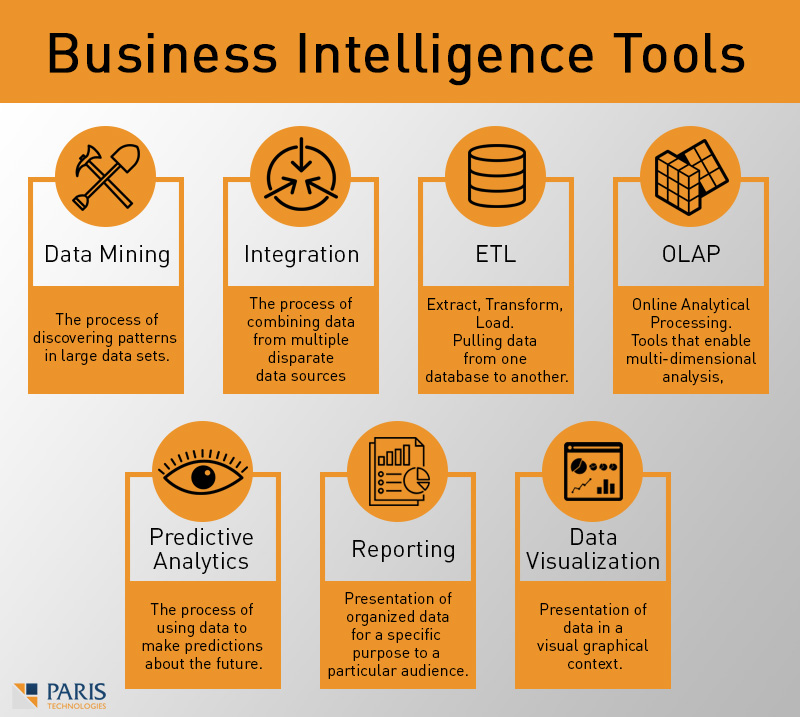
“Information is only useful when it can be understood” – Muriel Cooper
Just about everything in life benefits from having the right information at the right time. In a business context, organizations that leverage information quickly are more agile, allowing them to respond faster to market trends, giving them an upper hand over their competitors.
Big data is not a trend. It has been referred to as “The Management Revolution” because of the impact it has on doing business in this era. By now, organizations understand the importance of information, which is why so much effort is exerted to gather data from all business channels and departments. In fact, it is estimated that 73% of organizations have already invested in Big Data as of 2016.
Each system that an organization uses to facilitate its daily operations gathers data. Traditionally, businesses have ERP systems that record operational transactions. Similarly, each department has its own system: CRM and marketing automation tools, HRIS and payroll, accounting systems, and so forth. Even time systems gather individual employee data. Not to mention the plethora of customer data that can be gathered from social media and other sources.
While these systems may be performing their intended function, organizations can get more out of their IT investments by bringing together disparate data from each system to create analytics from a global perspective.
Transform data into meaningful information
Fun fact: less than 1% of all data in the world is ever analyzed and that rate gets smaller as the amount of data gathered grows.
Of course, your organization does not need to analyze the entire world’s data. However, with the amount of time and money invested in gathering data, you need to make sure you are putting that data to good use by transforming it into meaningful analysis.
Business intelligence usually comes to mind when navigating this area of expertise. The term business intelligence is actually an umbrella term that includes the applications, infrastructure and tools, and best practices that enable access to and analysis of information to improve and optimize decisions and performance.
There are several types of IT systems that take part in the ecosystem of transforming data into meaningful information. Organizations usually use a combination of tools which they curate based on their priorities and goals.
Normally though, the chosen tools should be able to pull and consolidate data, allow users to create analytical models, and display results for sharing and collaboration. With these three basic functions, organizations can create a comprehensive data management strategy to gather data, transform it as needed and analyze it.
Here is a list of BI tools with a brief description of its purpose:

Support your information initiatives
“Big data’s power does not erase the need for vision or human insight” – Andrew McAfee
Aside from such systems, having a pool of talent that supports your organization’s information initiative is just as crucial as the systems you choose to implement to become a truly data-driven company.
Research has found that the biggest talent gaps are around information — big data, analytics, and information management — followed by business knowledge/acumen.
So, finding employees or vendor partners that have vast experience in both data analytics and your organization’s industry should be considered as an investment in itself.
Is it worth it?
In a study conducted by MIT Center for Digital Business, companies that identified themselves as data-driven performed better based on financial and operational measures. “It was statistically significant and economically important, and was reflected in measurable increases in stock market valuations.”
Becoming a data-driven business organization provides your leaders with knowledge they need to make business decisions supported by factual data. A stable data management strategy enables CEOs and CFOs to predict outcomes and therefore, plan strategies around foreseeable events.
Read more about How to Choose a Real-Time Business Intelligence (BI) Software Solution

